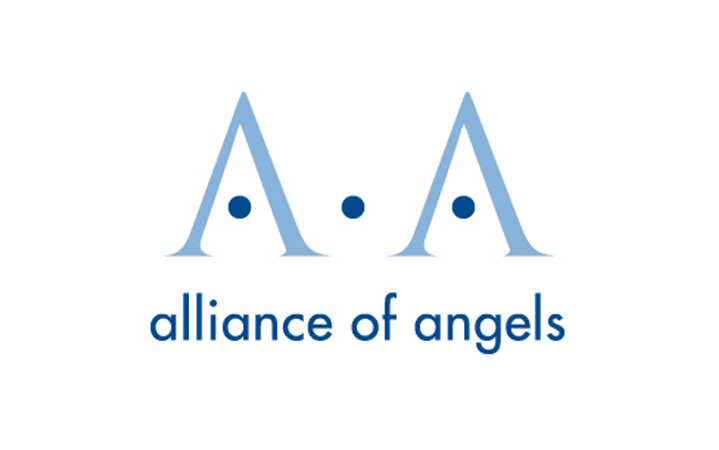
Yi-Jian Ngo
If you want to know how to best pitch your startup, why not ask an angel? Yi-Jian Ngo is the managing director of Alliance of Angels, one of the largest and most active angel groups in the Pacific Northwest. Since it started in 1997, the group has invested more than $100 million in 200 companies.
Success in pitching depends first upon what kind of pitch you’re doing. There is the elevator pitch – 30 seconds to a minute – designed to be a capsule summary and conversation starter. But your pitch for a ‘demo day’ in front of an audience will be four to 10 minutes. In this live, competition format, ‘visuals are very important,’ Yi-Jian told me in a phone conversation. Your slides must be rich in graphic images. ‘I haven’t seen a powerpoint or keynote in a competition for quite a while,’ he said. He recommends that you go beyond out of the box solutions and use a designer to help you make a dedicated deck suited for the competition.
Pitches at a VC or angel’s office can last 30 minutes to an hour. In that kind of pitch, angels want to look past your slide deck and into the soul of your startup. Expect to answer questions, some that deliberately take you away from your planned talking points. As shown by the handy chart below, provided by Alliance of Angels, you will need to hit the problem you’re trying to solve, and articulate your business model before you get to the ask. Get a PDF of the chart here. 
You can do a demo in this kind of pitch, but not a live one, just something illustrated by a series of screen shots intended to convey the product experience. You’ll need to tell what a great team you have, and show how you can scale. Most founders are familiar with those pitch points, and will hit them in a pitch. But what really sells the angel?
‘It’s a blink thing,’ says Yi-Jian, referring to Malcolm Gladwell’s book ‘Blink,’ which is about gut intuition.
Most angels have met a lot of founders over time, and they are looking to see domain experience. If you’re pitching an online security app, for example, you better have a lot of experience in that domain. As Yi-Jian explained, ‘these things take time to learn’ and no angel will buy that a newbie has their mind around a complex business like internet security. Angels also look to your prior experience and will rank you accordingly. ‘An A-plus candidate just sold his company for $100 million,’ says Yi-Jian. An A-grade candidate may have been part of an acquihire deal.
Angels are looking for passionate founders, but they also will make a quick psychological profile of you as part of their evaluation of your startup.
If you ran a successful small business, you gain some respect in their eyes, but they will wonder if you know how to scale a business. If you have never run a startup before, they will wonder how much adult supervision you will need to make your idea work. If you seem coachable, willing to listen to advice, that can be a plus. But there is a spectrum there as well, says Yi-Jian. He has heard pitches from founders who are ‘my way or the highway’ types who are claim to know everything. Laughing, he points out that ‘they may be right!’ He has seen the opposite as well – founders who are too willing to take advice from anyone at all and consequently make too many pivots. Where do you fall in that spectrum?
If there is a single quality that makes for a strong founder pitch, it is the founder who has vision for the company, and for themselves. ‘They have an understanding of where they are going to take the company,’ says Yi-Jian. If their strong point is development, not engineering, they admit that. If they know product, but not sales, they say that. The ultimate deal breaker: Any integrity issues, ‘even a whiff of them.’ There is a line between overselling and outright lying. If an angel senses that you are faking your numbers, you can kiss that deal good bye.
Finally, want an edge in your pitch? Be local. ‘Most angels invest close to home,’ Yi-Jian told me, because they like the face to face meeting with the founders they back.
Images courtesy Alliance of Angels and Yi-Jian Ngo.









